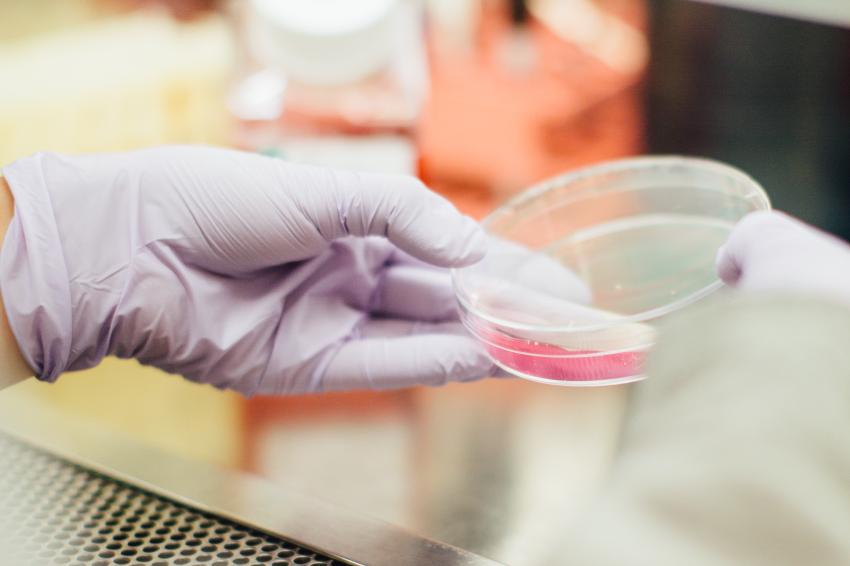Achilles Therapeutics Expands in UK, USA
The company’s Cell & Gene Therapy Catapult site in the UK has been granted a manufacturing license from the UK Medicines and Healthcare products Regulatory Agency (MHRA) and is now GMP certified to produce clinical-grade doses of its personalized clonal neoantigen-reactive T cell product candidate, known as cNeT. The additional peak capacity of up to 600 doses per year will support clinical manufacture in two ongoing Phase I/IIa trials in advanced non-small cell lung cancer and recurrent or metastatic melanoma.
In addition, a second GMP manufacturing site at Catapult will initially support Achilles’ proprietary Velos manufacturing process with an annual capacity of 200 cNeT doses at peak production.
Separately, Achilles has entered into a partnership agreement for clinical manufacturing with the Center for Breakthrough Medicines (CBM), a CDMO based in King of Prussia, Pennsylvania. The GMP facility, which will be Achilles’ first in the US, will have an initial annual capacity of between 150 and 200 doses at peak production. It will be operated by CBM.
“This significant scale up in annual capacity and expansion of our global clinical manufacturing footprint, with our second site in the UK and our first site to be established in the US, significantly strengthens our global clinical, technical, and supply chain operations,” said Edward Samuel, executive vice president of technical operations at Achilles Therapeutics.
Achilles is developing precision T cell therapies targeting clonal neoantigens – protein markers unique to the individual that are expressed on the surface of every cancer cell. The London-based firm uses DNA sequencing data from each patient, together with its proprietary Peleus bioinformatics platform, to identify clonal neoantigens specific to that patient and develop precision T cell-based product candidates specifically targeting those clonal neoantigens.
Author: Elaine Burridge, Freelance Journalist





